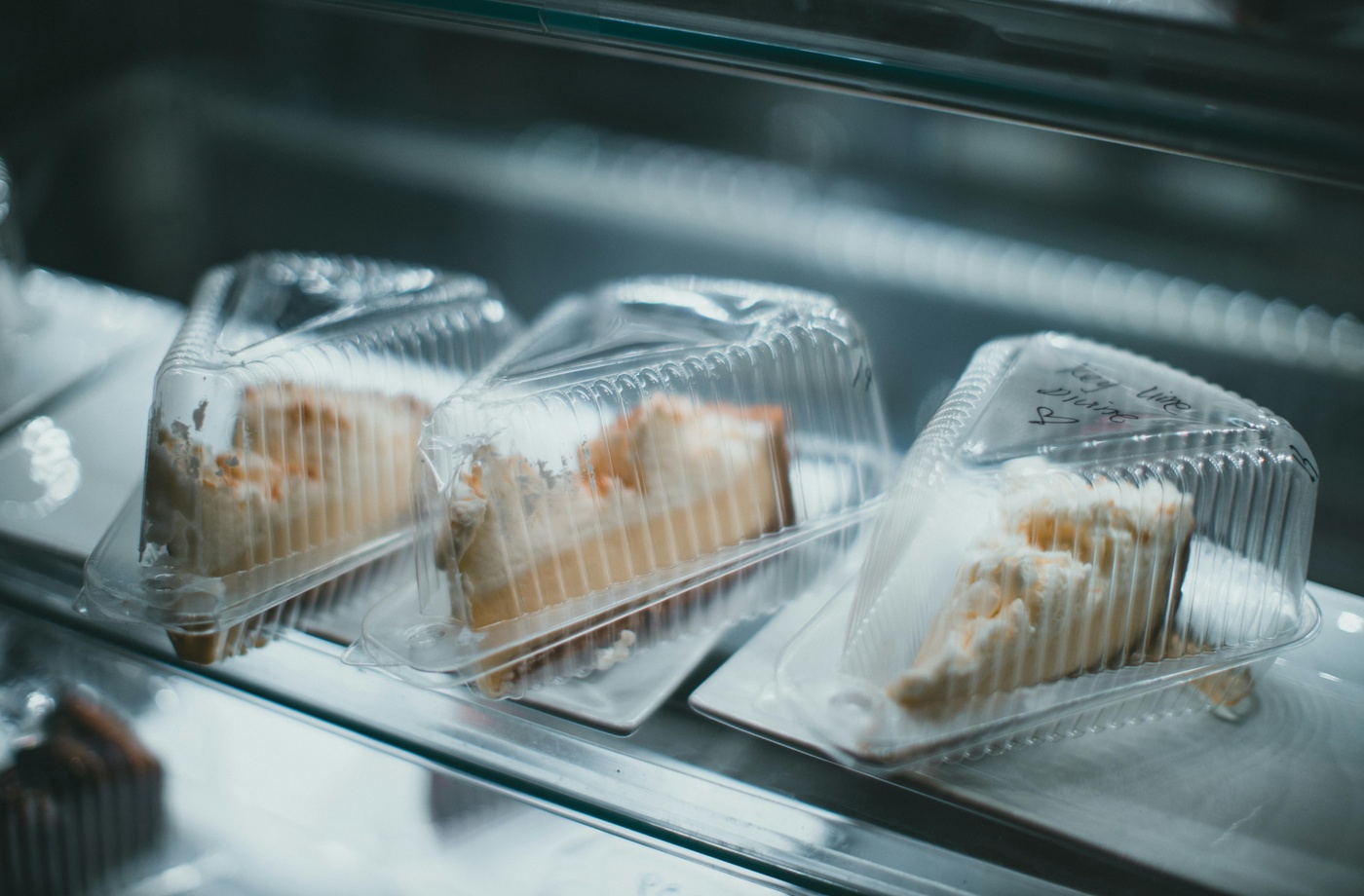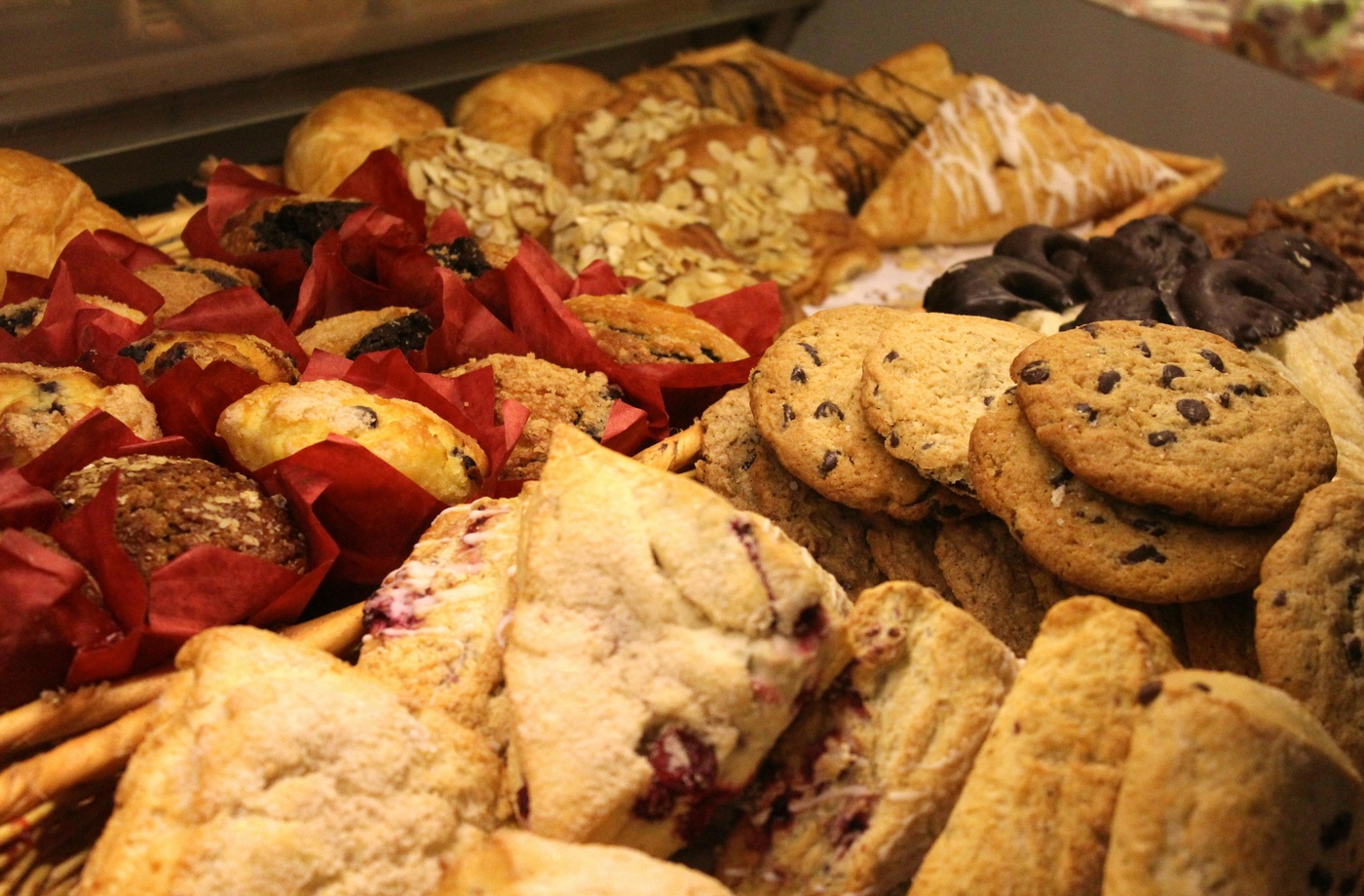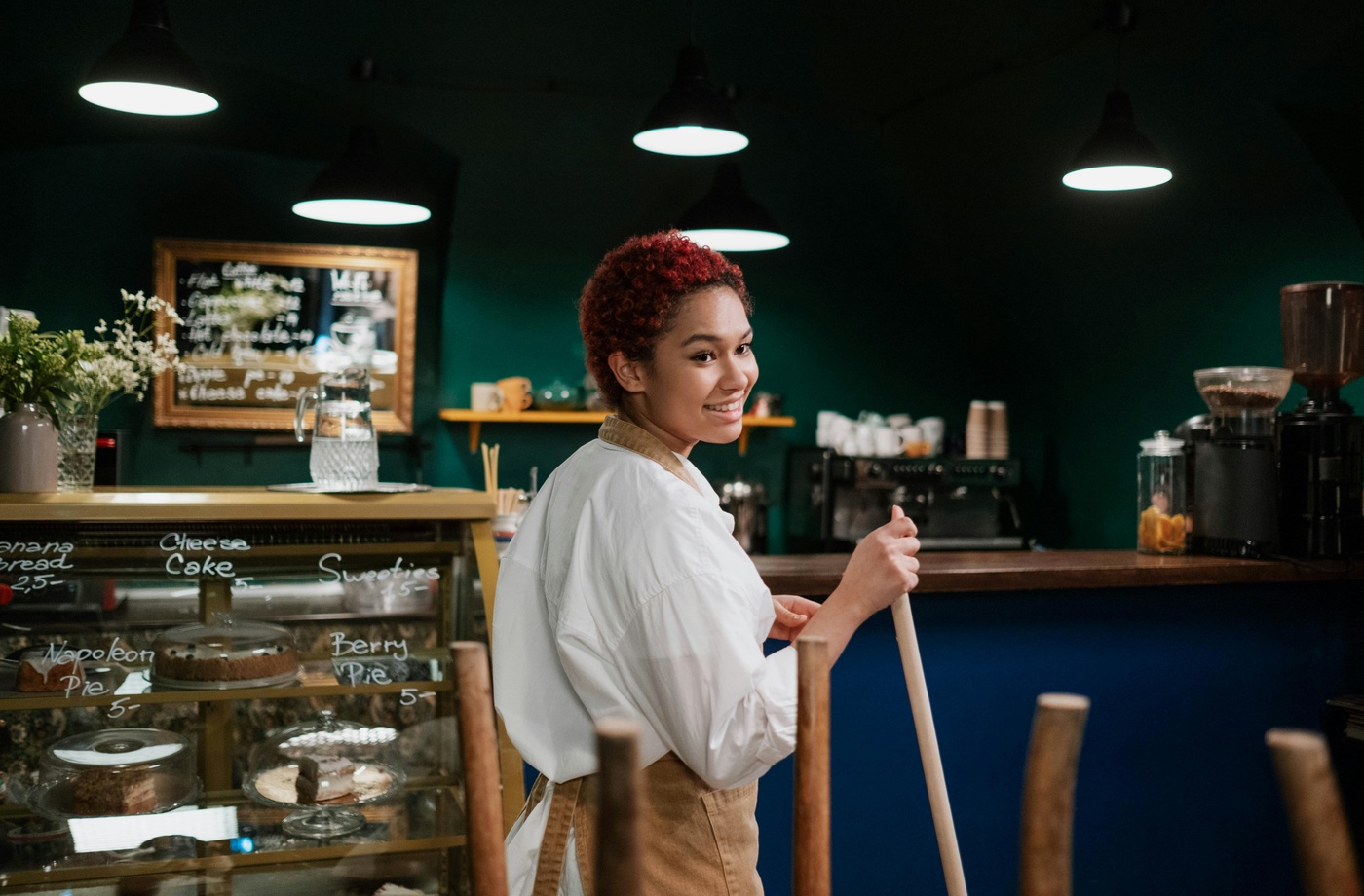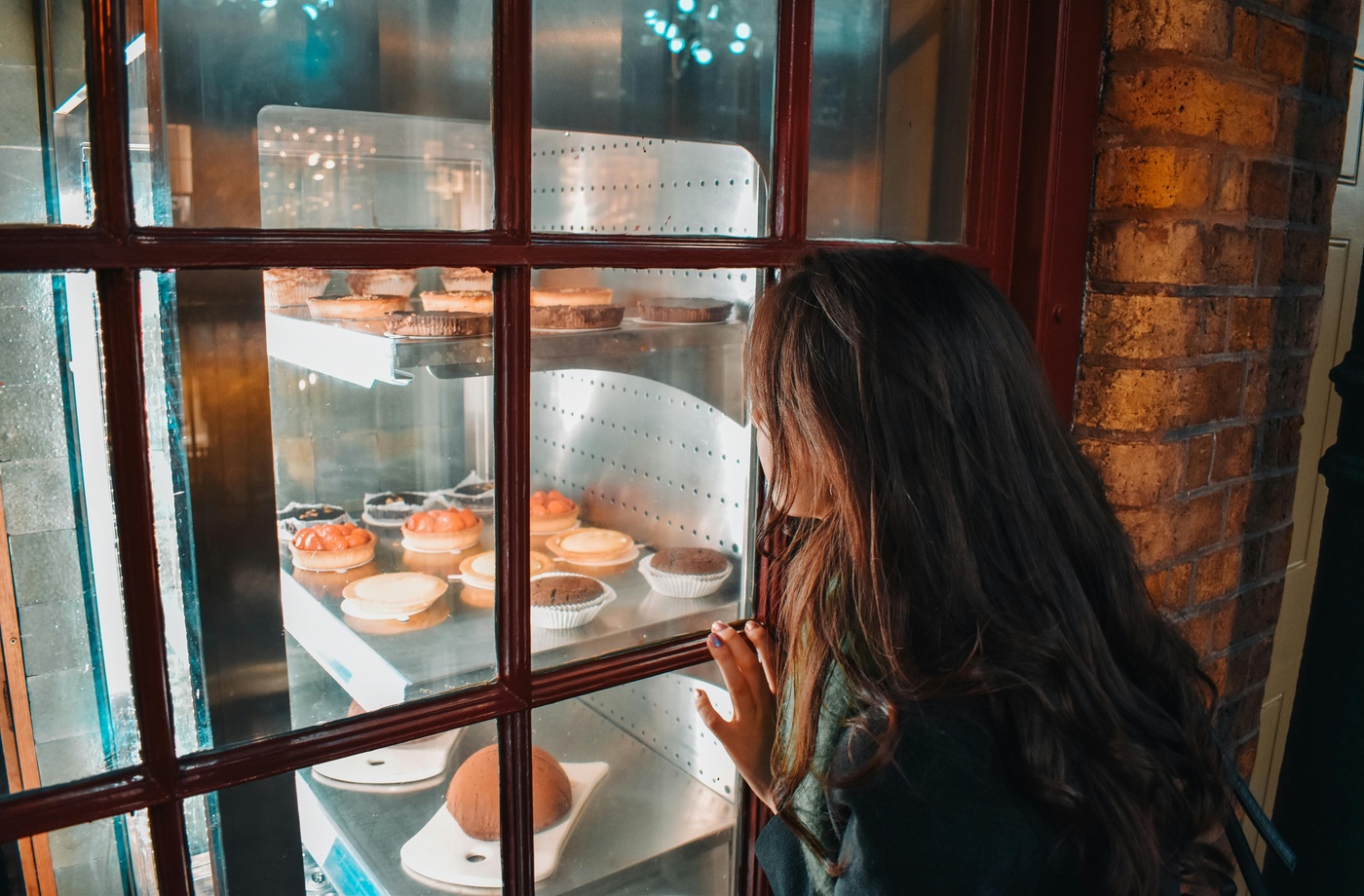The Rise of Artisan Bakeries in Unexpected Places
Artisan bakeries have long been associated with urban food scenes, pop-up markets, and upscale café districts—but lately, they’re gaining traction in places you might not expect. From quiet suburbs to small rural towns, handcrafted breads and pastries are becoming the new neighborhood staples. So what’s behind this rise in rural artisan baking—and where can you taste it for yourself?
What Defines an Artisan Bakery?
At its core, an artisan bakery focuses on traditional techniques, small-batch production, and high-quality ingredients. These bakeries typically avoid mass automation, opting instead for slow fermentation, hand-shaping, and sourcing from local farms or mills.
Defining traits include:
- Long fermentation sourdoughs
- Seasonal menus that reflect local produce
- In-house milling, culture starters, or butter churning
- Community-focused atmospheres with open kitchens or workshop events
Why They’re Thriving in Small Towns
The artisan model aligns surprisingly well with small-town values. Locals appreciate:
- Knowing where their food comes from
- Supporting independent businesses
- Enjoying high-quality goods without needing to travel to a city
With lower overhead costs and loyal customer bases, these bakeries are finding long-term success in places not previously known for gourmet baked goods.
Examples of Artisan Bakeries Off the Beaten Path
- Blue Dog Bakery – Louisville, KY: Wood-fired breads, croissants, and rotating pastries made with Old World techniques.
- Burkholder’s Baked Goods – Ephrata, PA: Mennonite-run and focused on seasonal, scratch-made classics.
- Sunrise Flour Mill – North Branch, MN: Offers sourdough bread and specialty grains with national shipping.
- Bread & Butter Bakery – Oneonta, NY: Small-town bakery known for laminated pastries and experimental tarts.
- The Midwife and the Baker – Mountain View, CA: Though near Silicon Valley, this bakery operates like a countryside bakehouse.
How Customers Are Discovering Them
Many of these bakeries rely less on foot traffic and more on:
- Instagram reels showcasing their process
- Email lists with weekly bread drops or seasonal boxes
- Local markets and CSA partnerships
- Word of mouth via community Facebook groups or farm newsletters
As online tools improve, even remote bakeries can sell gift cards or ship select items. Platforms like GoodCards help artisan bakeries reach new customers, while apps like Fluz allow food lovers to support these businesses and earn a little back at the same time.
Final Thought: The New Local Luxury
Artisan baking has become a symbol of everyday luxury—something comforting, crafted, and close to home. And in places where chain stores once dominated, it’s now the handcrafted loaf or house-made lemon tart that brings the community together.



